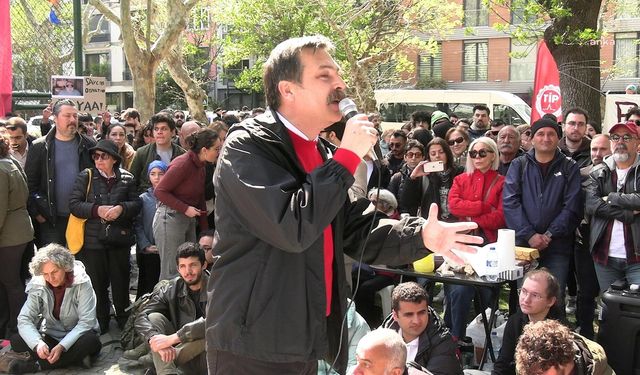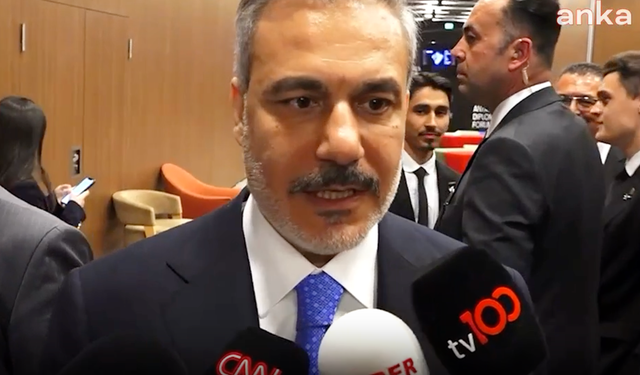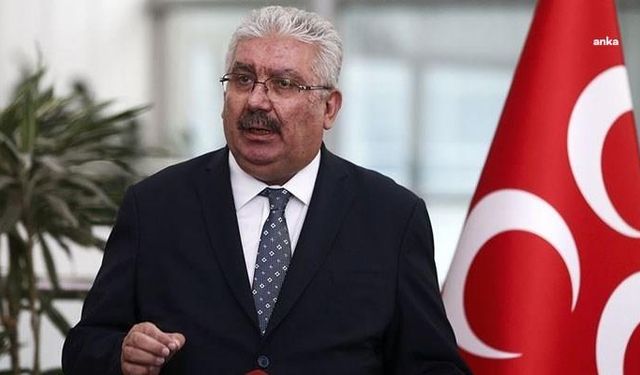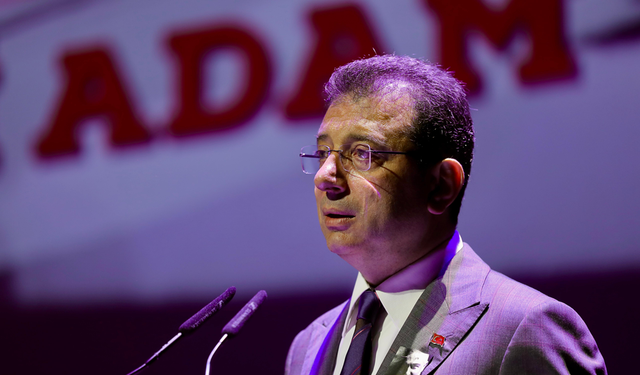In the last weeks, Turkish inflation is breaking record after record. After a historical low, touching 10 to the dollar on November 12th, the lira has currently surpassed already 13 to the dollar. The rising costs that are coupled with this inflation, make that a Turkish family of four, living off a minimum wage cannot afford their meals. Even if it consists of tea, simit, and cheese for a whole month.
Throughout the course of the nearly hundred-year-old republic, its currency had its fair share of devaluations. The popularity in Turkey to invest in more 'stable assets' such as gold and real estate historically, and recently cryptocurrency, stems from the instability of the Turkish lira. For example, at the onset of the 1980s coup, inflation was entirely out of control with the lira losing its value over 30%. Double-digit and triple-digit inflation remained an ongoing theme in the 1980s, dropping rapidly in 1990 but spiking again due to a currency crash in 1994. It was against a political and economic crisis in 2000/2001 that the AKP, led by current President Recep Tayyip Erdogan, came to power. Through multiple reforms, the newly elected government managed to ease down the inflation to single digits in 2004. Where the inflation over the 90s was around 80%, it was an impressively low of 8.5% between 2006 and 2017. So, what goes wrong now?
One of the issues of the current weakness of the lira comes from investors withdrawing out of Turkey. The country’s actions on the international stage and the continuation of domestic scandals do not go unnoticed. Nevertheless, the current freefall cannot merely be understood by the US and Turkey’s Presidents not getting along or a Turkish convicted gang leader uploading videos on YouTube claiming accusations of high-ranked politicians being involved in the drug trade, torture, rape, and murder. It is rather Turkey’s unorthodox slicing of policy interest rates that plunges the lira to record depths.
Simply put, inflation occurs when an economy grows due to increased spending without a simultaneous growth of services and goods production. Consequently, prices increase which makes the currency in the economy depreciate. This devaluation of the currency reduces its exchange rate compared to other currencies, making for example the imports of goods more expensive. According to orthodox economics, a remedy against high inflation is by central banks to increase interest rates. As people with money are more likely to keep their money in their pockets, instead of spending it, as the returns on savings are higher. Furthermore, it makes it more difficult to borrow money. As such people start to spend less money, which brings inflation to a halt as well the economic growth.
The Turkish President however has a seemingly different idea regarding the relationship between high-interest rates and inflation. As he wants to reduce inflation in quite an opposite manner by making the central bank lowering the interest rate. In Erdogan’s eyes, higher interest rates, or as he named it, 'the mother of all evil', create higher prices as companies have no option aside from passing the burdens on to the consumers. This is often opposed by economists, as it presumes that interest rates are a substantial part of the expenses of the business and the thought that manufacturers have the adequate pricing power to enact their will on customers. This unorthodox belief of the President might be explained by his conservative Islamic background, with interest (faiz) being prohibited (haram) in Islam, and his desire to show economic growth numbers whatever the cost.
Turkey likely will publish estimated GDP growth numbers of around seven percent in the first quarter of 2021. Making its economy the fastest-growing of all G20 countries, second to China. However, the ordinary person in Turkey in return gets inflation, a devaluing currency, and melting purchasing power. In the last year alone, the World Bank estimated that 1.5 million people in Turkey fell below the poverty line. This discrepancy between on the one hand 'economic growth numbers' and on the other hand, a large amount of people who are not able to purchase their basic needs becomes more visible when you look at the GDP per capita expressed in U.S. Dollars, showing a drop of 40% since 2013. As the growth in wages is not able to keep pace with the increasing inflation, economic numbers which might seem good on paper, mean nothing for the average citizen.
The power to push through this policy has been made easier ever since a change in the law in 2018, which makes Erdogan able to designate the head of the central bank. This creates more pressure on a 'supposed to be' independent key player to control inflation. The bickering over Turkey's monetary policy resulted in the ongoing rolling of recently appointed heads.
The economic woes brought by the lira crisis however might be a breaking point for many Erdogan voters, as support for the AKP seems to hit record lows. 17% of voters who chose his party in 2018 said that will never elect him again, according to a study of Istanbul-based pollster Turkiye Raporu. The party came to power amidst economic and political turmoil and during this time managed to create a reputation based on strong economic growth coupled with household wealth. The fading of the latter, together with the rising popularity of coalition parties makes it seem more likely that it will be a tough job for the almost twenty-year-long-ruling party to win the elections in 2023.











